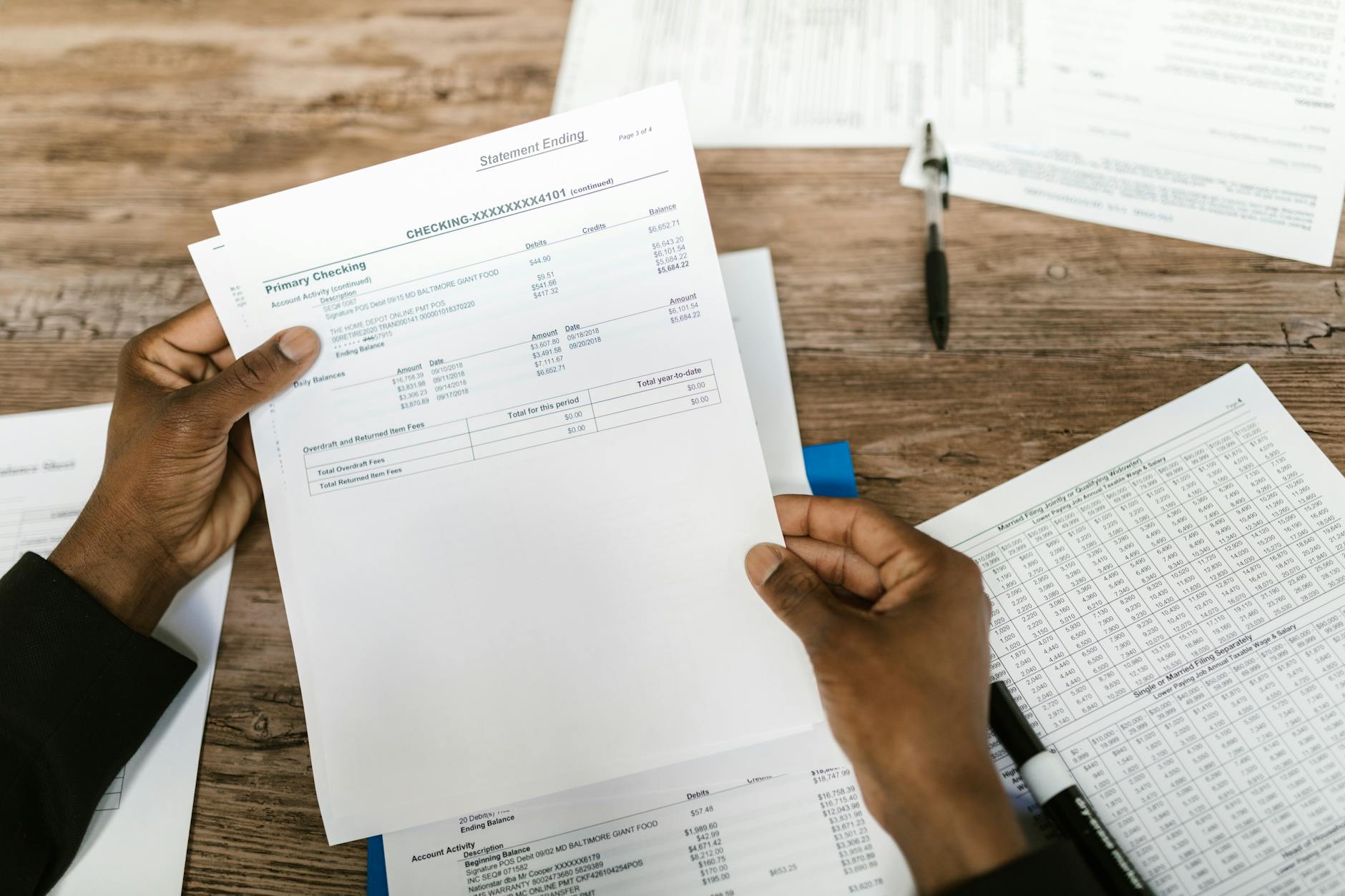Leveraging Data Analytics to Optimize Accounting Operations
Leveraging data analytics to optimize accounting operations is becoming increasingly vital as businesses seek to enhance their financial accuracy, efficiency, and strategic decision-making. In the past, accounting focused primarily on record-keeping and compliance. However, with the integration of data analytics, accounting departments can now uncover valuable insights that drive operational improvements. This transformation not only streamlines processes but also contributes to predictive financial planning and risk management. By understanding how to harness data analytics effectively, organizations can automate routine tasks, detect anomalies, and make informed decisions that align with broader business goals. This article explores the key ways data analytics reshapes accounting workflows, the tools involved, and the tangible benefits companies can expect from this integration.
The evolving role of data analytics in accounting
Data analytics in accounting goes beyond traditional bookkeeping by leveraging large volumes of data to identify trends and patterns. The role of an accountant has shifted from transactional processing to analytical insight generation. By utilizing advanced analytics techniques such as predictive modeling and data mining, accountants can anticipate cash flow issues, optimize budget allocations, and identify potential fraud early.
For example, predictive analytics can forecast revenue trends or expense spikes, allowing proactive intervention. Meanwhile, descriptive analytics provides a comprehensive view of financial performance through dashboards and reports. As data sources expand—from enterprise resource planning (ERP) systems to external market datasets—accountants have a richer context for advising management on financial strategy.
Key data analytics tools transforming accounting operations
Several tools and technologies empower accountants to tap into the potential of data analytics:
- Business intelligence platforms: Tableau, Power BI, and Qlik enable visualization and easy interpretation of complex datasets.
- Automation software: Robotic Process Automation (RPA) tools handle repetitive data entry and reconciliation tasks.
- Machine learning models: Algorithms identify anomalies or forecast financial outcomes without constant manual input.
- Cloud-based analytics: Platforms like Google Cloud and AWS facilitate seamless data integration and scalable analysis.
These technologies reduce human error, speed up reporting cycles, and enhance the accuracy and scope of financial analysis.
Improving accuracy and fraud detection through data-driven processes
Accuracy is a cornerstone of any accounting operation. Errors in data entry or misclassifications can lead to significant financial discrepancies. Data analytics aids in automating reconciliation and validation processes, improving precision. Additionally, analytics algorithms can monitor transactions in real-time, flagging suspicious activities or patterns indicative of fraud.
Table: Example of fraud detection indicators monitored by analytics systems
| Indicator | Description | Analytical technique |
|---|---|---|
| Unusual transaction amounts | Transactions that deviate significantly from historical averages | Anomaly detection |
| Duplicate payments | Multiple payments to the same vendor within a short period | Pattern recognition |
| Irregular approval patterns | Approvals outside typical workflows or by unauthorized personnel | Behavioural analysis |
By catching these irregularities early, organizations reduce their exposure to financial loss and improve regulatory compliance.
Enhancing strategic decision-making and financial forecasting
Beyond operational efficiency, data analytics provides strategic advantages by offering actionable insights to leadership. Analytical models help forecast revenues, expenses, and cash flow under various scenarios, empowering decision-makers to plan more effectively. Scenario planning enabled by data analytics supports risk management, investment appraisals, and capital allocation.
With regularly updated datasets and predictive scores, companies can swiftly adapt to changing market conditions. This proactive approach contrasts with traditional accounting’s reactive nature, positioning finance teams as pivotal contributors to business growth strategy rather than just financial custodians.
Conclusion: the future of accounting powered by data analytics
Integrating data analytics into accounting operations represents a paradigm shift that extends far beyond automation. It transforms accounting from a purely transactional function to a strategic hub offering insights that influence every aspect of business management. Through advanced analytics tools, companies gain improved accuracy, enhanced fraud detection, and robust forecasting capabilities, which collectively contribute to smarter financial decision-making.
As the volume and complexity of financial data grow, organizations that invest in data analytics capabilities will unlock unprecedented operational efficiencies and strategic insights. The future of accounting is data-driven—empowering professionals to deliver higher value and drive sustainable business success.
Image by: RDNE Stock project
https://www.pexels.com/@rdne
news via inbox
Nulla turp dis cursus. Integer liberos euismod pretium faucibua





